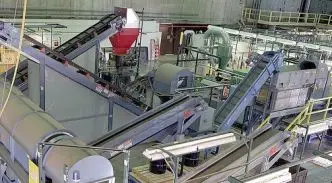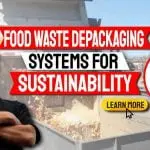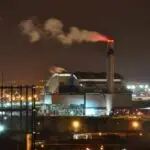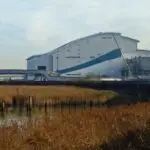This is the final solution ( if good competitive markets become established in these materials ), to the issue of handling MSW in an economical and sustainably reasonable way. From this realization, has recently, appeared the idea of Integrated Waste Management ( IWM ). IWM is the integration of different waste treatment strategies to reach the best aggregate of environmental and business potency.
Integrated waste control permits each one of the established and many new and emerging waste treatment and disposal strategies to be used where and when they're most valuable and can make the best contribution.
IWM methods which prioritize recycling should gain the favour of the public and reduce objections.
IWM recommends the major targets of waste prevention and its practitioner's price optimized recovery from what's in truth inescapable waste, by diversion from a dump like by materials recycling, composting, and Energy-from-Waste, and finally but only as a final resort – the landfilling of waste. Landfill, which was for such a long time the accepted most likely destiny for all waste, has become decisively revised downward to being considered the least desired option, across the EU.
Definition of Integrated Waste Management
“Integrated Waste Management: The integration of all waste treatment and disposal techniques for maximum recycling and waste diversion from landfill.”
In numerous EU member states, the planning for waste control is in the legal authority of the regions, sub-regions and other devolved public bodies. While at the turn of the 20th century it might have been uncommon to find regions or maybe municipalities which had an entirely integrated management plan. Quite the reverse is now accurate.

Incineration still may have a role in some IWM contracts.
It's the case now that very impressive targets have been set for upping the rate of recycling and reducing the quantity of waste sent to dumps. Additionally, stern targets have also been set for constantly reducing the organic content of all wastes sent to the rubbish heap. Nearly with no exceptions, all local waste disposal authorities have been made to do something about waste.
Additionally, any that do fail to do something will shortly suffer large fines from the EU.
These will be due to the local voters if they fail to reach the diversion targets in their area.
Integrated Waste Management: The integration of all waste treatment and disposal techniques for maximum recycling and waste diversion from landfill.
Flare Stack Suppliers – Flares for Methane Emission Reduction
In this article, we provide a roundup of flare stack suppliers, the stacks they produce and developments in the flare stack market, with an emphasis on the landfill gas, and biogas flare stack market. These are mostly enclosed flares for methane emission reduction and use during Energy from Waste plant downtime. On This Page Flare […]
Food Waste Depackaging Systems for Sustainability and Microplastic Reduction
Food Waste Depackaging systems are increasingly being designed for sustainability and microplastic reduction which many would say is vital for the survival of our planet. Many people are interested in the rapidly growing anaerobic digestion sector, which uses mechanical equipment called depackagers or separators, to produce contaminant-free food waste slurries that may be piped into […]
Energy From Waste by Incineration: Why a Modern Incinerator is Not a Health Risk
Making Energy from Waste by incineration should not still be accused of being a significant threat to the health of nearby residents. We wish to explain why a modern incinerator is not a health risk. Concerns about pollution and particularly the discharge of trace amounts of dangerous substances into the area around an incinerator are […]
Recycling Facts: The BIG List!
Waste Incineration Plants (also known as WtE facilities) should not be installed as a replacement for material recycling. WtE is designed to complement recycling programs because not all waste is feasible to recycle. Incineration is an engineering process that uses thermal decomposition in a highly oxidative environment to decompose organic molecules into simple compounds, predominantly […]




